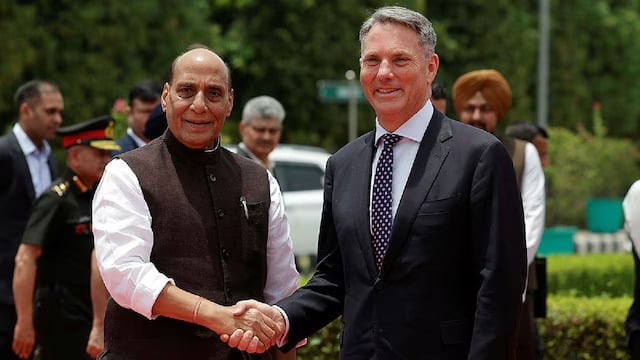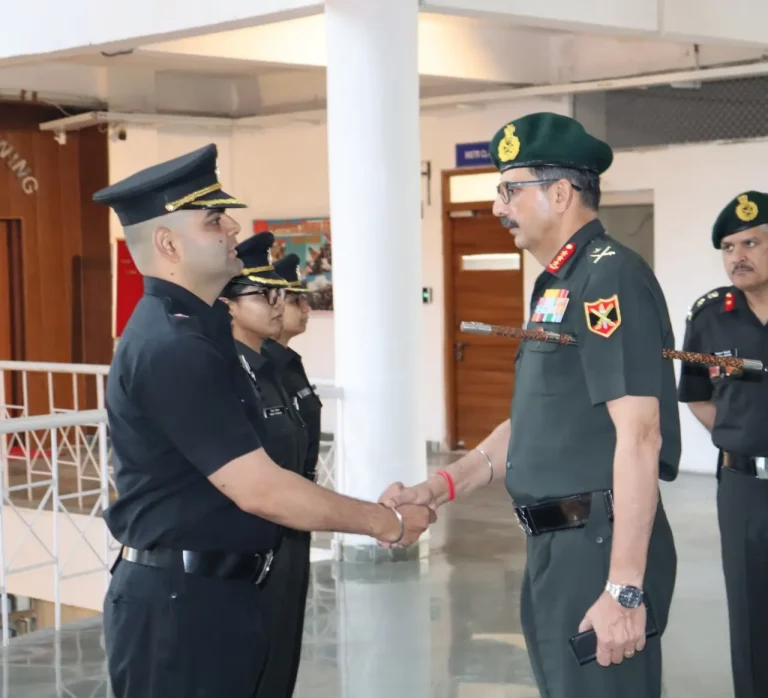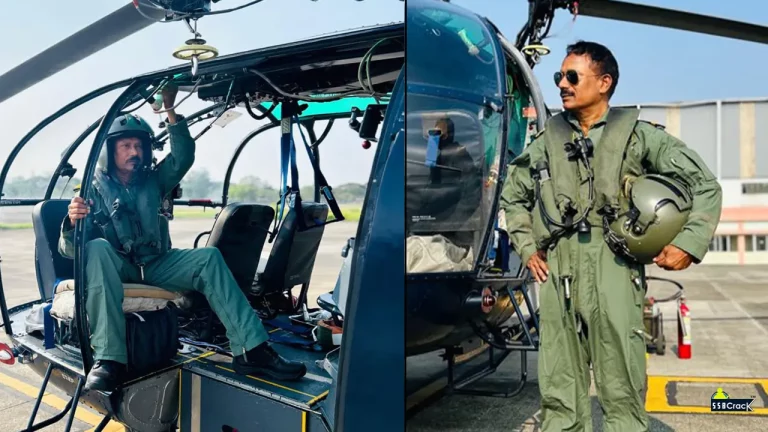India and Australia have announced a comprehensive set of strategic initiatives aimed at enhancing their defence cooperation, particularly focusing on advanced submarine detection technology, maritime collaboration, and regional security within the Indo-Pacific region. This development follows a critical bilateral meeting between Indian Defence Minister Rajnath Singh and Australian Deputy Prime Minister and Defence Minister Richard Marles held in New Delhi.
One of the most significant outcomes of the dialogue is the initiation of a joint project dedicated to submarine detection. This project is designed to bolster undersea surveillance capabilities, responding to the escalating naval presence and dual-use fishing fleets deployed by China in sensitive waters. Both countries recognize the imperative to address these increasing maritime threats. India, having developed indigenous sonar systems through its Naval Science and Technological Laboratory (NSTL) since the 1970s, stands to benefit greatly from Australia’s technological expertise and support in this domain.
Additionally, in a move to enhance operational synergy, India has extended an invitation to Australia to utilize its advanced ship-repairing facilities, notably including the Cochin Shipyard Limited. This facility boasts a state-of-the-art 6,000-ton ship lift system, which is expected to provide essential logistical support for Australian naval operations in the Indian Ocean region. This collaboration is part of broader efforts to establish an integrated maritime support network between the two nations.
In a further demonstration of their commitment to defence collaboration, India will participate as an observer in an upcoming military exercise involving Australia and Papua New Guinea. This follows previous joint efforts, including Exercise Austrahind, which took place in Pune in 2024 and focused on tactical coordination and military exchanges. These exercises reflect a mutual dedication to safeguarding shared interests amidst the dynamics of the Indo-Pacific region.
The bilateral discussions also touched upon sensitive geopolitical matters. India urged Australia to exercise caution regarding military interactions with Pakistan, pointing to the deep strategic ties between Islamabad and Beijing. Indian officials expressed concerns regarding real-time intelligence sharing by China via platforms such as the J-10 fighter jets operated by Pakistan, particularly in light of recent conflicts concerning Kashmir.
Moreover, India raised concerns regarding pro-Khalistan activities abroad and their potential implications for bilateral relations. While specifics remain confidential, Indian authorities have consistently emphasized the threat posed by separatist elements operating internationally.
The outcomes from the Singh-Marles meeting signify a notable deepening of defence relations between India and Australia, underlining their respective roles as pivotal players in fostering peace, stability, and maritime security within the Indo-Pacific context.







